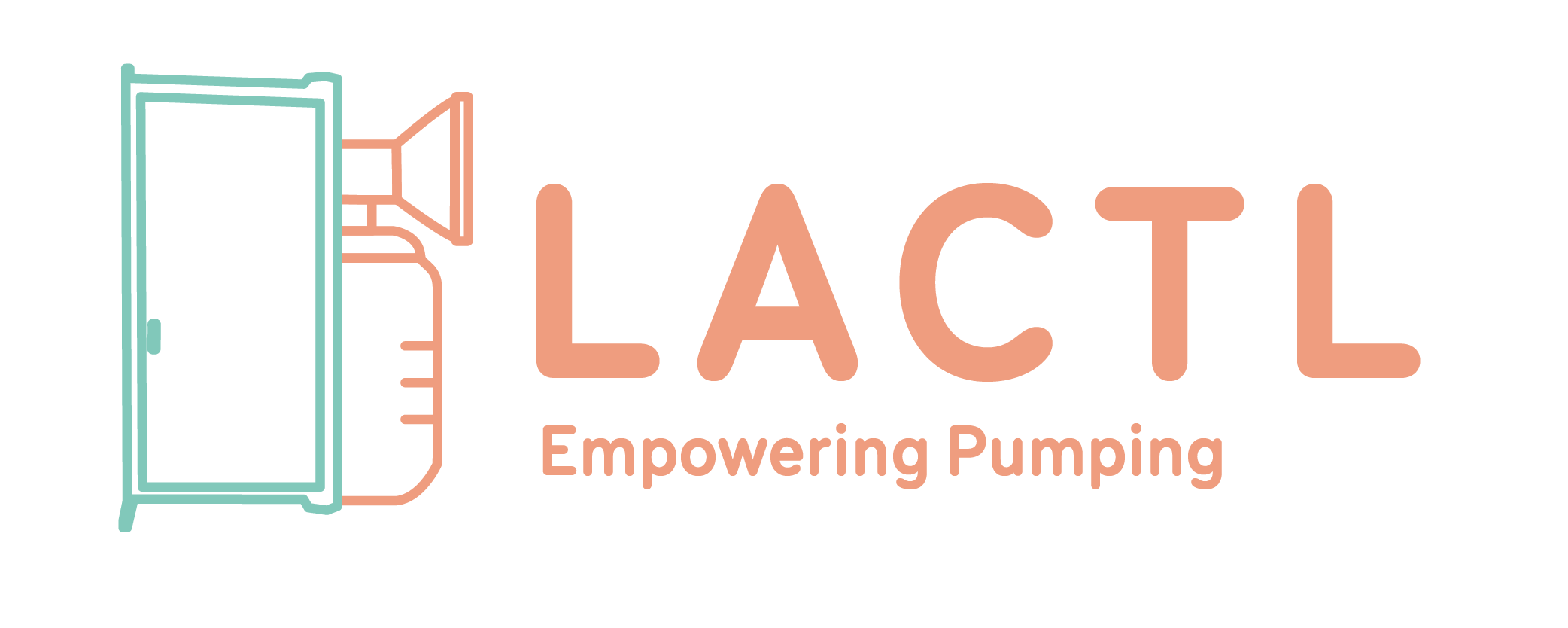The Consequences Of No National Paid Maternity Leave
25% of US moms have to go back to work just two weeks after giving birth because of the lack of national paid maternity leave. Most people only really consider the effects of this on moms, with juggling a new baby and work seemingly the biggest hurdle to tackle. However, there are consequences beyond simply the stress of a mom’s new situation - and they do affect children too, in ways you may not expect.
Shorter Durations of Breastfeeding
Paid leave can lead to longer durations of breastfeeding, which can have powerful and lasting effects on children’s brain development and help establish a healthy foundation for life. Moms are twice as likely to stop breastfeeding in the month she returns to work compared to those who have not yet returned to work.
Did you know that the World Health Organisation recommends breastmilk for decreased risk of ear infections, lower respiratory infections, obesity, type 1 diabetes, and sudden infant death syndrome?
Breastfeeding is reportedly much easier for moms to establish and maintain when they can spend the first weeks and months after birth at home. There is then time to break through the struggles that many face, get used to the process and bond properly with baby. Nursing is one of the best ways to establish that vital connection between mom and baby through touch, and the journey is never quick and simple.
Postpartum Depression
There is proof that longer maternity leave reduces postpartum depression. As high as one in seven women experience postpartum depression during the first year after birth. However, according to a 2013 survey conducted by a University of Maryland public health professor, longer maternity leave can significantly reduce the number of new moms who suffer its symptoms.
Dr. Dagher who ran the survey stated that “In the United States, most working women are back to work soon after giving birth, with the majority not taking more than three months of leave … but our study showed that women who return to work sooner than six months after childbirth have an increased risk of postpartum depressive symptoms."
The study also found that about 7% of the mothers were back to work by 6 weeks, 46% by 12 weeks, and 87% by 6 months. Longer leave will be more realistic and possible for moms if it is paid, because many moms simply cannot afford to take an extended amount of time without support.
Health Costs
Back in 2011, the Human Rights Watch compiled a 90-page report based on interviews with 64 parents across the US titled "Failing its Families: Lack of Paid Leave and Work-Family Supports in the US". The report documented the health and financial impact of having little or no family leave after childbirth or adoption. Parents found that having little or no paid leave contributed towards delaying children’s immunizations and health problems including postpartum depression which we previously covered. They also found that longer paid leave was linked with lower rates of infant mortality.
Paid leave could improve the health of new moms and children, and in combination with longer durations of breastfeeding lead to a healthier, more resilient child. In turn, moms will take less time off work due to child illness.
There is then the cost of health insurance which could be reduced for businesses. The report from the Human Rights Watch quoted studies from other countries found that offering paid leave is good for business, increasing productivity and reducing costs of employee turnover.
As explained in our other posts about the lack of national paid maternity leave, there has thankfully been a lot of discussion in the Senate however nothing has been passed just yet. What are your thoughts on the impact of no paid leave? Join our discussion on our social media at @lactlscreens or follow #lactl, and open up the conversation in the comments below.



